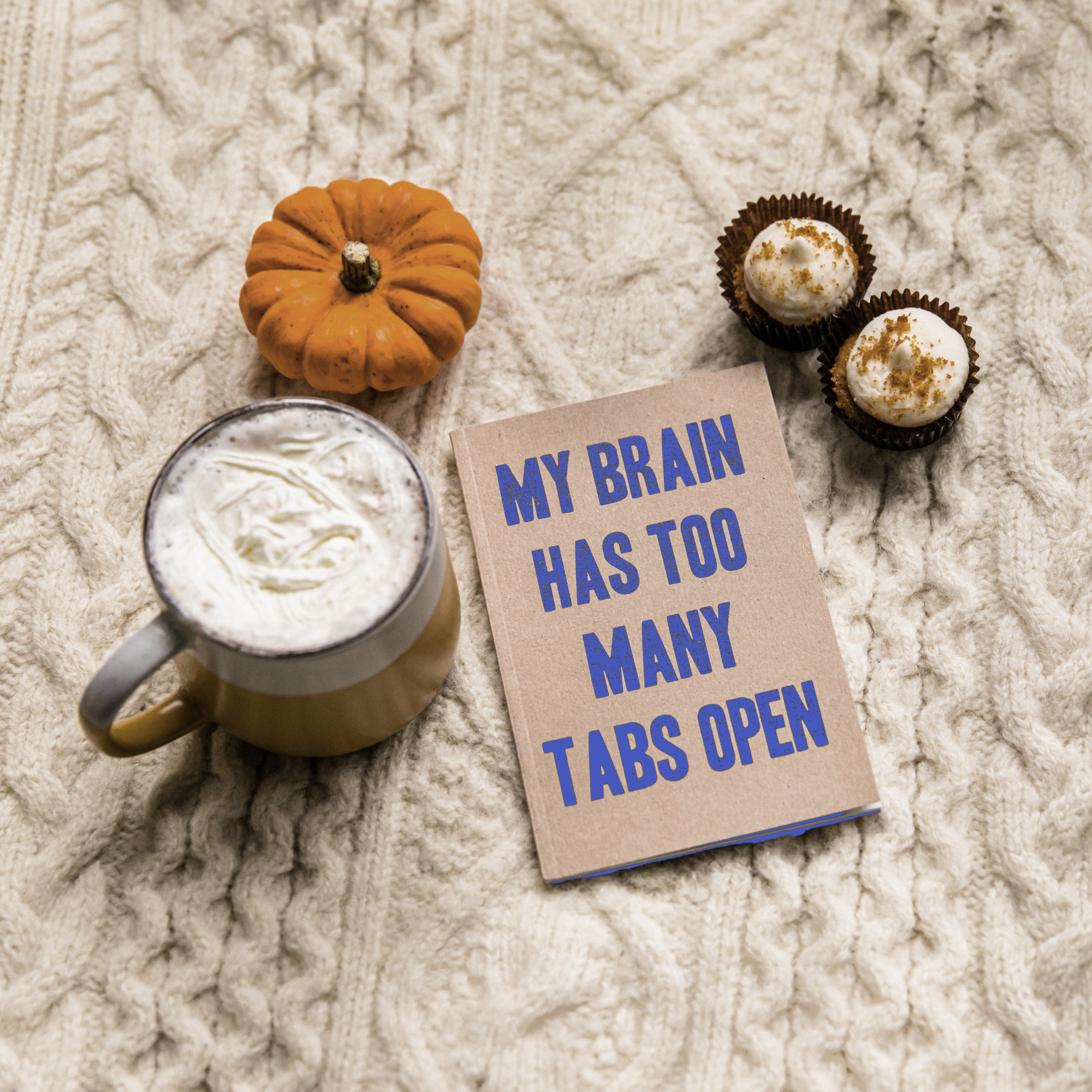
The curse of knowledge: what it’s like not to know something
We hate Wordle about half the time that we do it, and at Open Space we think we know why.
In our communication coaching at Open Space, we often talk about the ‘curse of knowledge’.
This refers to how hard it is to remember what it was like when you didn’t know what you know now. Back before the Flood.
But unless you can think yourself back into that place, you will struggle to connect with the people who are still there.
And just as it’s hard to know what it’s like not to know something, it can also be hard to imagine what it’s like to know it! Things that we don’t yet know, seem unknowable – if you know what we mean.
Wordle shoves us into that state, and we hate it. We can stare for ages at at some letters and empty boxes utterly flummoxed until the answer occurs and we simply cannot understand how it hadn’t occurred before.
But here’s the thing, we guess: it’s important to experience this discomfort, as without it a) there is no learning and b) we otherwise get annoyed with those people who just can’t see what we see (the fools!).

“A discovery is said to be an accident meeting a prepared mind.”
Albert Szent-Gyorgyi